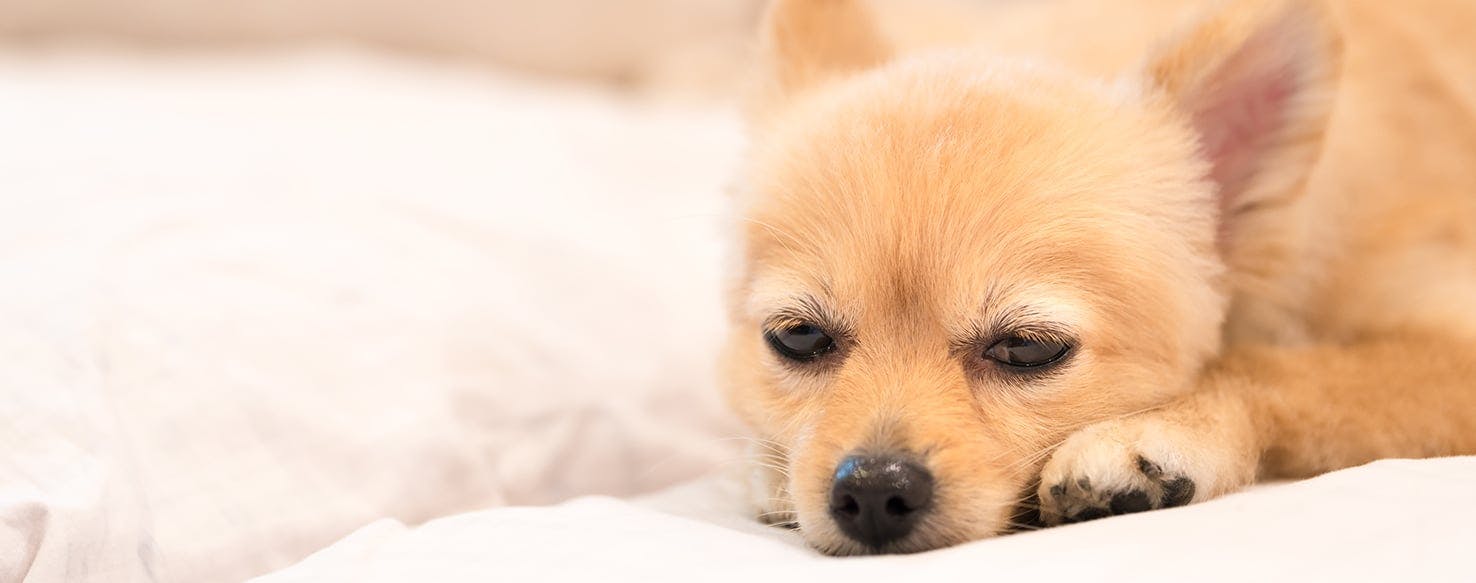It is a situation that is an unfortunate reality for many of us dog owners: being told by the vet that your dog has cancer is one of the hardest things to bear. But, after the tests, the diagnosis, and the start of treatment, it is also our responsibility to ensure our furry friend still enjoys the best quality of life possible.
A large component of that comfort is provided by the food they eat, and knowing how to manage digestive discomfort caused by both the cancer and the possible treatment is crucial. Additionally, there are numerous foods and supplements available that can help a dog fight the disease and recover faster. Read on to learn how you can turn your dog’s diet into a potent weapon in the fight against cancer.
Should I Change My Dog’s Diet?
There are several reasons why a dog may need to have their diet changed when they are dealing with the effects of cancer. Primarily, it is because their immune system will be struggling to properly function, requiring lots of additional resources as it attempts to combat the cancerous cells. Additionally, growing new tissue will require extra energy, making your dog appear subdued or even exhausted.
The main way in which we can help our canines fight the disease is to make sure they continue to get plenty of protein in their food. It is also worth pointing out that excessive cereals and grains should be avoided wherever possible. While dogs are capable of digesting them, their stomachs are not specifically evolved to do this. Thus, when coupled with the stresses placed on the animal by cancer (and by treatments such as chemotherapy), this can result in significant digestive discomfort and vomiting, which will only worsen their condition. Additionally, the high levels of carbohydrates present in grains may, in fact, assist cancer in growing tumors at a faster rate.
Fruits and vegetables can be included in your dog's food without risk though, meaning that meals can be bulked out or kept relatively bland (so as to promote ease of digestion) without too much difficulty. Broccoli, collard greens, and blueberries are excellent additions to your dog's diet.
Maintaining your dog's weight at a healthy level is the primary goal. Consult the vet to ensure the food you are giving your dog is the best one for them. It should be high-quality, nutrient-filled, and approved by your veterinarian.
What About Supplements For My Dog?
One of the main supplements that will be especially useful for dogs with cancer is omega-3 fatty acids. While these oils can be commonly found in fish, they are available in a concentrated pill form, which allows us to control exactly how much our dog is getting. Omega oils are very important for maintaining your dog’s immune system and ensuring that their coat retains its glossiness. They also have anti-inflammatory properties, which can help relieve some of the pain and discomfort caused by larger tumors. Omega-3's are also thought to slow down the growth of cancer cells and although further study is needed, supplementation may have an effect on radiation side effects.
Other supplements that are currently being researched are listed below.
- Curcumin may inhibit the growth of cancer cells, but presently an injectable form and a liposome-encapsulated formulation are in development because over-the-counter supplements are not as effective.
- SAMe and silybin may show promise in canines being treated for liver cancer.
- Valproic acid is under study as a potential aid in the treatment of canine osteosarcoma.
- Probiotics and the beneficial bacteria they provide can help the digestive system fight cancer.
What Foods Should Be Avoided?
Changing what you feed your pet - and removing some of the things you presently give them - is crucial. Avoid giving them rawhide chews and treats like tidbits of ham and hotdogs. Steer clear of any food containing the preservative Ethoxyquin.
Along with staying away from unhealthy foods, it is essential that your dog not come in contact with carcinogens like cigarette smoke, noxious fumes, and harmful pesticides. Don't use grooming products that contain toxins like parabens and phthalates. Avoid prolonged sun exposure and provide a stress-free environment.
Consult Your Vet
Make sure to consult the vet before making any significant changes to your dog’s diet, as this may have an unintended impact on both the dog’s stress levels and any treatment that may be taking place. The vet can also provide good recommendations for appropriate varieties of food and supplements known to be safe and without contraindication to any medication your dog is taking.


